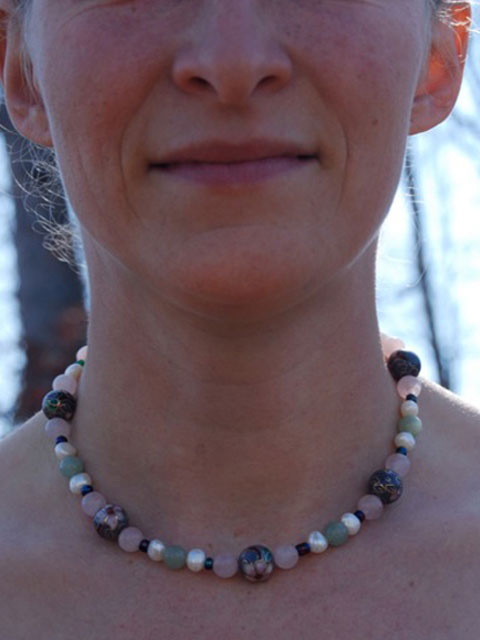YouTube recently changed their channel design. Facebook will be changing the layout for companies later this month. And we've got some pretty big updates going live on April 2.
Adjusting to changes made by others can be difficult and exciting. I've experienced both while tweaking our social media spaces to make them work with the updates. Some things really don't make sense to me and ruffle my feathers (and I've sent feedback on several occasions). Other aspects of the updates are long-awaited features that offer huge benefits. And for many of the changes, the outcome remains to be seen.
But there's another side of the change equation, and that's the side I'm on with Sonlight's updates. I'm one of the people working on making these things happen. Especially for things like the website, I am heavily involved in the decision making process, as well as getting stuff implemented. There is a ton of work that goes into the updates each year, and that means that the changes aren't easy.
As we look to the web updates come April 2, I'm curious: What was the most frustrating part of browsing Sonlight's website for you last year? We have some stuff I'm super excited to bring you, but I also want to make sure we're thinking about the little things that weren't as helpful as you'd like them to be. So... if you could change one thing about your experience on sonlight.com... what would it be? The more specific you can be, the better. I'd also love any ideas you have for how we could resolve the issue.
For example, a few months ago we got some feedback about an extra click we had programmed into the website. I had a very good reason for including it, but after seeing how it affected you, I realized that reducing that one click was well worth removing the feature I liked. So we updated it.
Any tweaks you'd like to suggest?
And if you can't think of one right now, that's fine. Just keep in mind that we absolutely read and consider all the feedback we get from you while you browse the website. Just look for the "What Bugs You?" bug in the sidebar.
I'm looking forward to continuing to share with you all the stuff we're bringing you in 2012. Thanks for being part of these updates!
~Luke Holzmann
Filmmaker, Writer, Empty Nester








